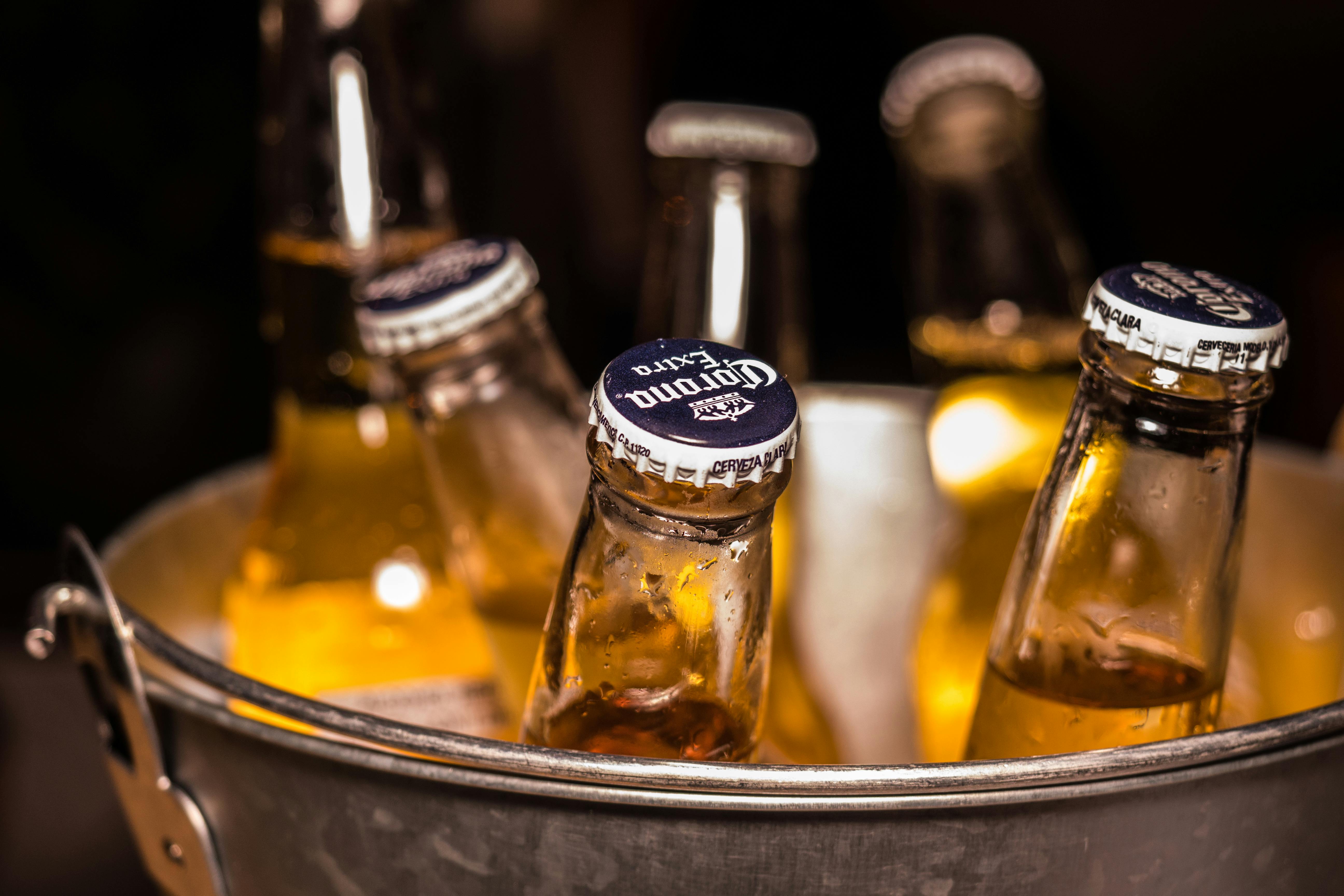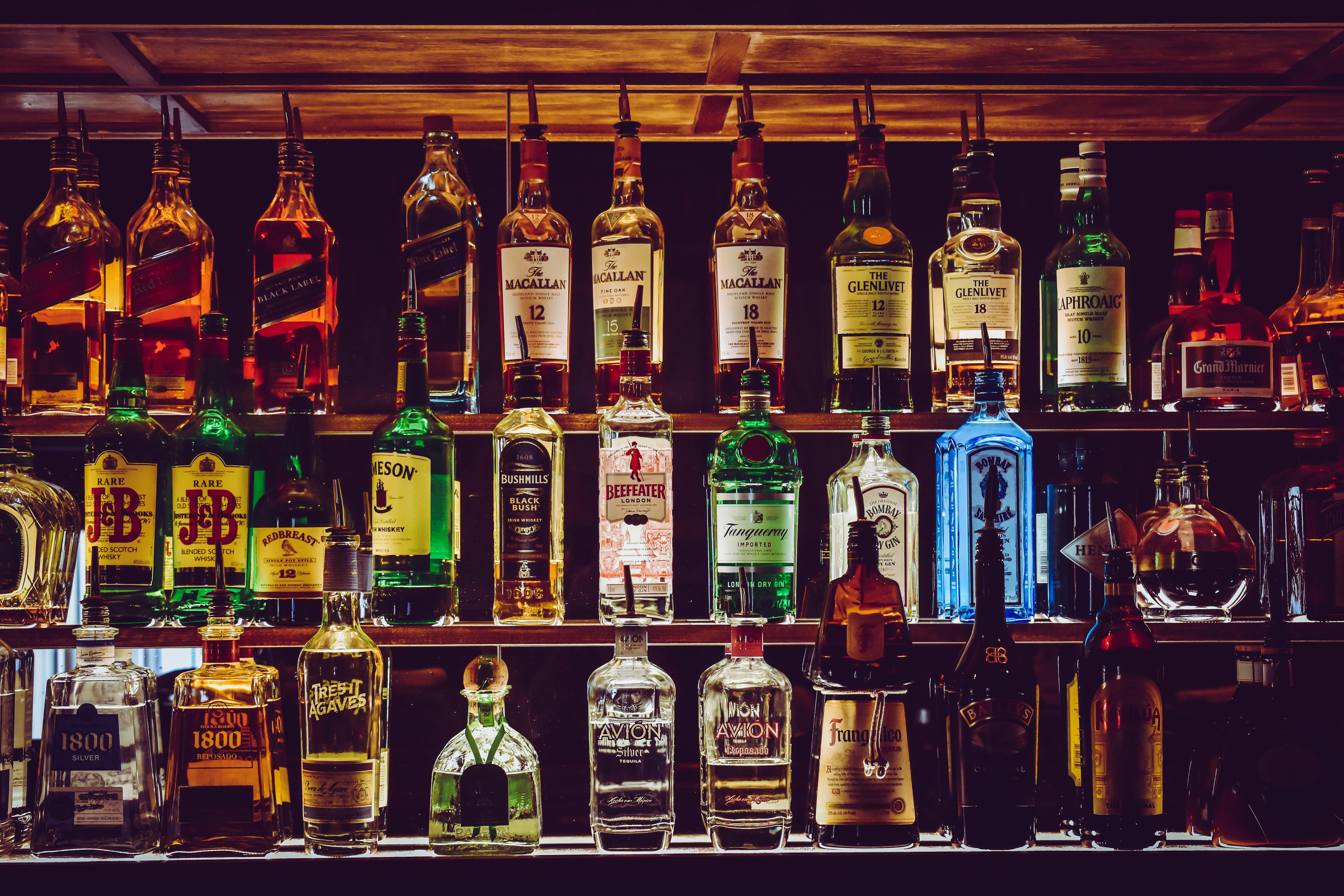Alcohol & Liver Health · 4 min read

Last year, you could polish off a six-pack during the game and feel fine. Now two beers have you dizzy, flushed, and ready for bed by halftime.
Your friends joke that you’ve become a “lightweight.” Your partner wonders if you’re secretly sick. You’re left confused—what happened to your legendary tolerance?
Here’s the truth: sudden decreased alcohol tolerance isn’t about becoming weak. It’s your body sending you an important message about what’s happening inside.
The Tolerance Drop Nobody Explains
Common assumption: High tolerance equals healthy liver, low tolerance equals problem. Reality? It’s often the opposite.
High tolerance usually means your liver has adapted to processing poison regularly—not exactly a health win. When tolerance suddenly drops, it typically signals biological changes that deserve attention, not dismissal.
Your liver produces specific enzymes to break down alcohol. Several factors can suddenly affect production: age-related decline, medication interactions, nutritional deficiencies, or liver stress from other sources. When enzyme production drops, alcohol stays in your system longer, creating stronger effects from smaller amounts.
Here’s what doctors often miss: You can have early-stage fatty liver disease with completely normal blood tests. But even mild fatty liver can slash your alcohol processing ability by 50% or more. Signs that point to this include tolerance dropping over weeks or months, mild fatigue or brain fog, slight weight gain around the middle, and feeling “off” but unable to pinpoint why.
Hormonal changes also dramatically affect alcohol metabolism. For women, perimenopause, menopause, thyroid changes, or birth control adjustments can shift processing overnight. For everyone, stress-elevated cortisol, developing insulin resistance, or declining sex hormones change how your body handles alcohol.
Why This Could Be Good News
Believe it or not, decreased tolerance can be a blessing. Your bar tab just got cheaper. You’re automatically consuming less alcohol, which means less damage to your body. You’re getting an early warning about changes before they escalate. It’s easier to moderate naturally when your body does the work for you. And you’ll have better mornings with less alcohol in your system.
The key is listening to what your body is telling you instead of fighting it.
Your Strategic Response Plan
Since your body changed the rules, change your game. Focus on quality over quantity—premium spirits over cheap beer, savoring over slamming, experience over excess. Follow the 50% rule: whatever you used to drink, start with half. Used to have six? Stop at three. Wine bottle person? Make it two glasses.
Before drinking, never go on an empty stomach, hydrate throughout the day, take liver support supplements, and set a firm limit. While drinking, stick to one drink per hour maximum, alternate with water, eat protein-rich foods, and stop when you feel it. After drinking, focus on extra hydration, B-vitamin replenishment, quality sleep, and next-day nutrition.
Your liver needs extra support during this transition. Essential nutrients include B-vitamins for enzyme production, zinc and magnesium for metabolic function, and amino acids to build the actual enzymes. For liver protection, milk thistle, NAC or methionine, and antioxidants are crucial. To manage inflammation, try turmeric, omega-3s, and vitamin C.
Total Liver addresses all aspects of changing alcohol tolerance with milk thistle for liver protection, B-complex for enzyme support, anti-inflammatory herbs, digestive aids for better processing, and mineral replacement. It’s designed for people navigating changing alcohol metabolism.
Decreased alcohol tolerance often signals your body’s wisdom—it’s a natural protection mechanism, appropriate aging, health prioritization, and evolution rather than devolution. Instead of fighting it, work with it.
Accept the change as your new normal, not temporary. Adjust expectations accordingly. Support your liver to help it work optimally. Monitor your health with regular checkups. And embrace the benefits: better health and cheaper nights out.
Your decreased tolerance isn’t a weakness—it’s information. Your body is asking for support, not punishment. You have three choices: ignore it and suffer worse hangovers, fight it and damage your health, or support your body through the change. Smart money’s on option three.
Ready to support your liver through this transition? Total Liver helps your body process alcohol efficiently at any tolerance level.


